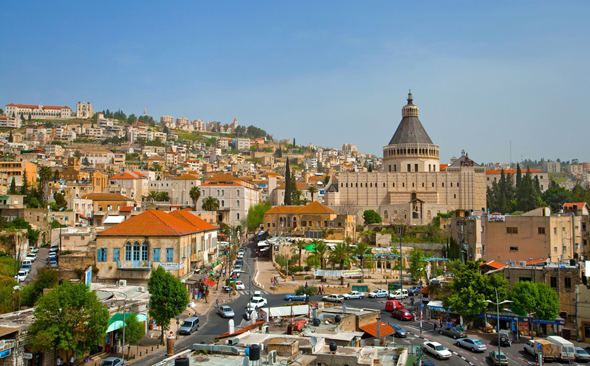CTech’s Daily Israeli Tech News Roundup
EU enlists an AI startup in the fight against fake news. The cost of exlcuding Arabs from the Israeli economy. Uster buys Elbit Vision Systems for $32 million
 Nazareth hosts a Calcalist conference on tech and Israel's Arabs
Nazareth hosts a Calcalist conference on tech and Israel's Arabs Exclusion of Arabs is costing Israel over $10 billion a year, says Israeli lawmaker Ahmad Tibi. The under-representation of Israel’s Arab citizens in the local job market is especially apparent in Israel’s lucrative tech sector. Comprising around 20% of the Israeli population and 17.4% of the country's workforce, Arabs with Israeli citizenship account for only 1.4% when it comes to technology jobs. Read more
Startup wants to bring conversation analytics to real life sales meetings. Israel-based Gong plans to develop a recording gadget with built in analytics capabilities to help sales team improve performance, says co-founder and CEO. Read more
Israeli startups are at the focus of new Chinese investment fund. A partnership between two China-based companies, Comfort-RJ Investment Holdings will seek out early stage startups in the consumer healthcare and personal grooming industries. Read more
Barclays taps Israeli entrepreneur to head Tel Aviv accelerator. The accelerator is currently receiving applications for a new cohort of ten startups. Read more
Uster Technologies to buy Israel’s Elbit Vision Systems for $32 million. After three years of revenues remaining flat, EVS decided to sell. Read more
In Syria, Russian and Iranian economic interests clash, writes Doron Peskin. Iran’s growing military presence in Syria overlay’s its involvement in the economy of the civil war-torn country. Since 2011, Iran has invested an estimated $20 billion in military and economic aid for Syria, as part of a plan to expand its interests once the violence there subsides. Read more



